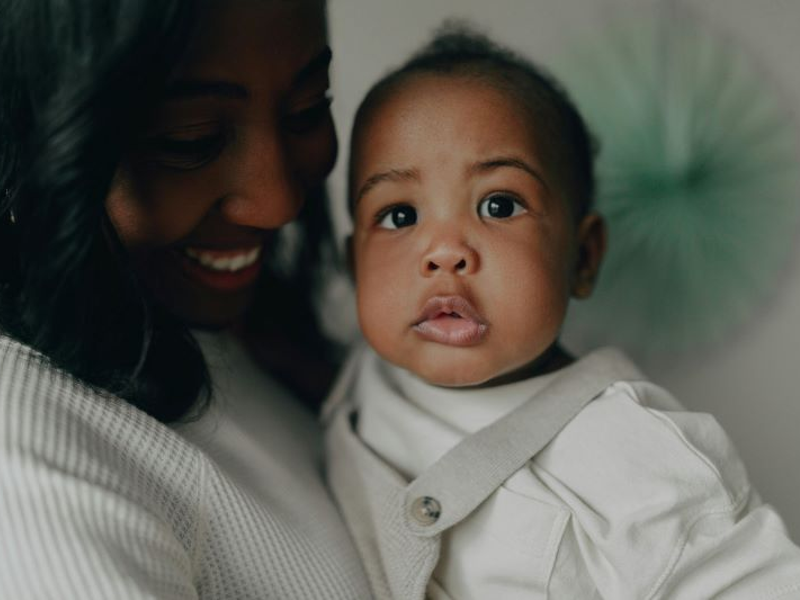
Photo by PNW Production
The miracle of childbirth should be a time of joy and anticipation. Yet, for Black mothers in the United States, it’s often overshadowed by a chilling reality: they are two to three times more likely to die from pregnancy-related complications than white mothers. It’s worth considering that this incident may not be an isolated case but rather a reflection of deeper underlying issues related to racial prejudice and disparities in access to equitable treatment.
Unraveling the Roots of the Problem
So, why are Black mothers and babies facing such a disproportionate burden? Here are some key factors:
- Implicit Bias: Unconscious biases held by healthcare providers can lead to different treatment for Black mothers. Their concerns might be dismissed, their pain under-treated, and their birth plans disregarded.
- Limited Access to Quality Care: Systemic inequities often leave Black communities with a lack of prenatal care options, birthing centers, and doulas – crucial resources for a healthy pregnancy.
- Social Determinants of Health: Factors like poverty, food insecurity, and chronic stress negatively impact health outcomes. These factors disproportionately affect Black communities, creating a cycle of disadvantage for mothers and babies.
- Mental Health Concerns: Black women are more likely to experience perinatal mood and anxiety disorders, which often go undiagnosed due to cultural stigma and limited access to mental health services.
Building a Healthier Future for Black Mamas and Babies
Fortunately, there are solutions to dismantle these barriers and ensure Black families receive the care they deserve. Here are some crucial steps:
1. Culturally Competent Care: Healthcare providers need training to recognize and address implicit bias. Culturally sensitive communication and respect for birthing plans are essential.
2. Expanding Access to Care: Investing in community health centers, birthing centers in Black communities, and increasing the number of Black doulas will empower women and make essential resources readily available.
3. Addressing Social Determinants of Health: Policies focused on reducing poverty, increasing access to healthy food and safe housing, and addressing environmental racism will create a more equitable health landscape.
4. Prioritizing Mental Health: Routine screenings for perinatal mood and anxiety disorders, coupled with increased access to culturally competent mental health services, are critical to support Black mothers’ well-being.
5. Amplifying Black Voices: Black mothers and birth workers should be at the forefront of developing solutions and creating a more equitable healthcare system. This includes including Black women in research studies and decision-making processes.

Photo by William Fortunato
Building a Brighter Future
Promising initiatives are paving the way for change. Doula programs, staffed by trained birth companions who often share similar backgrounds with the mothers they serve, offer invaluable support and can improve birth outcomes. Community-led organizations are filling the gaps by providing comprehensive prenatal care, mental health services, and educational resources tailored explicitly to Black mothers.
The Power of Community
The Black community itself has a decisive role to play. Spreading awareness about the importance of prenatal care, advocating for oneself within the healthcare system, and fostering a support network among mothers can be transformative.
Conclusion
Maternal health equity is not just a public health issue; it’s imperative for social justice. By acknowledging the systemic challenges Black mothers face, investing in community-driven solutions, and amplifying Black voices, we can build a future where every mother, regardless of race, has the opportunity to experience a safe and healthy pregnancy, childbirth, and postpartum journey.

Anand Subramanian is a freelance photographer and content writer based out of Tamil Nadu, India. Having a background in Engineering always made him curious about life on the other side of the spectrum. He leapt forward towards the Photography life and never looked back. Specializing in Documentary and Portrait photography gave him an up-close and personal view into the complexities of human beings and those experiences helped him branch out from visual to words. Today he is mentoring passionate photographers and writing about the different dimensions of the art world.





